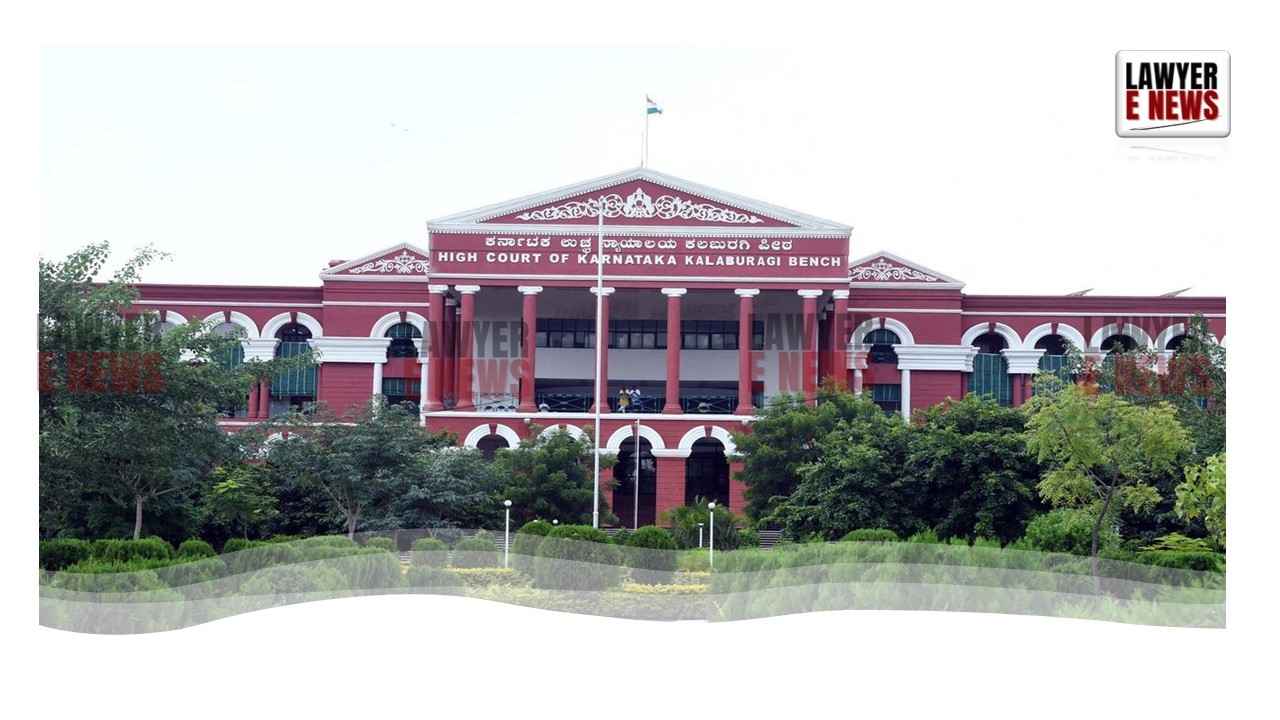-
by Admin
15 February 2026 5:01 PM



Failure to include the company as an accused leads to quashing of cognizance and summons in a case involving the sale of unlicensed insecticides
In a recent judgment, the High Court of Karnataka quashed the order of cognizance and issuance of summons in a case concerning the sale of unlicensed insecticides. The court emphasized the mandatory requirement of including the company as a party to the proceedings under Section 33 of the Insecticides Act, 1968. The petition was filed by Venkat Subbaiah Eranty and others, challenging the trial court’s order which had taken cognizance of the offences and issued summons without adhering to the statutory provisions.
The case originated from an inspection conducted on October 10, 2023, at Sri Gayathri Agencies, a certified retailer of insecticides and fertilizers. During the inspection, it was found that Potassium Salt of Phosphonic Acid (Kphonic) was being sold without the required license, in violation of the Insecticides Act, 1968, and Insecticides Rules, 1971. Following the inspection, a private complaint was filed against Venkat Subbaiah Eranty (proprietor of Sri Gayathri Agencies), Pavana Kumar Uppalapati (Deputy Manager at Aries Agro Ltd.), and Biplob Chatterjee (Chief Operations Officer at Aries Agro Ltd.).
The High Court highlighted the critical oversight of not including the company, M/s Aries Agro Ltd., as an accused in the complaint. According to Section 33 of the Insecticides Act, when an offence is committed by a company, both the person in charge and the company itself must be made parties to the proceedings. The court observed, “In the absence of the Company being made as one of the accused, the complaint cannot be maintainable. The trial court’s failure to take note of this mandatory provision indicates non-application of mind.”
The court also pointed out procedural lapses in the trial court’s handling of the case. It was noted that the trial court did not follow the procedure under Section 202 of the Cr.P.C., which requires an inquiry if the accused resides outside the court’s jurisdiction. The petitioners argued that the trial court’s cognizance was contrary to established legal principles and precedents, including those set by the Supreme Court in similar cases.
The judgment extensively discussed the principles underlying the prosecution of corporate offences under the Insecticides Act. It reiterated that proper procedural adherence is crucial for the maintainability of such cases. The court referenced Section 33, explaining that both the individual responsible for the business and the company must be prosecuted together to establish accountability effectively.
Justice S. Rachaiah noted, “The absence of the company as an accused in the proceedings fundamentally affects the maintainability of the complaint. The mandatory provisions under Section 33 of the Insecticides Act, 1968, have been overlooked, leading to a significant procedural lapse.”
The High Court’s decision to set aside the order of cognizance and issuance of summons underscores the importance of strict compliance with statutory requirements in criminal proceedings involving corporate entities. This judgment not only provides relief to the petitioners but also serves as a crucial reminder for lower courts to meticulously follow procedural norms to ensure just and fair adjudication. The decision is expected to have significant implications for future cases involving corporate offences under the Insecticides Act.
Date of Decision: May 7, 2024
